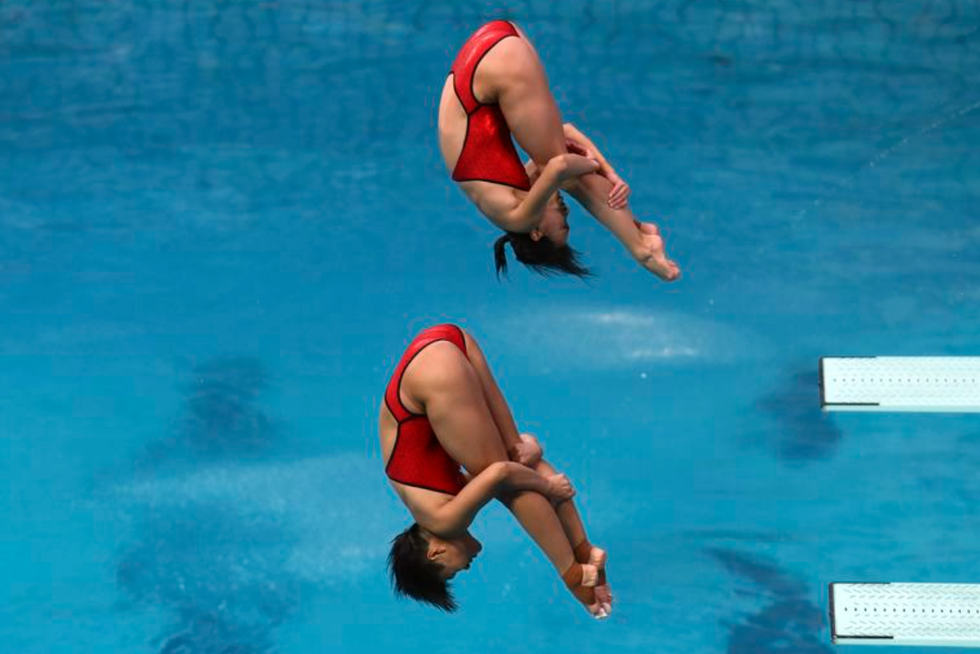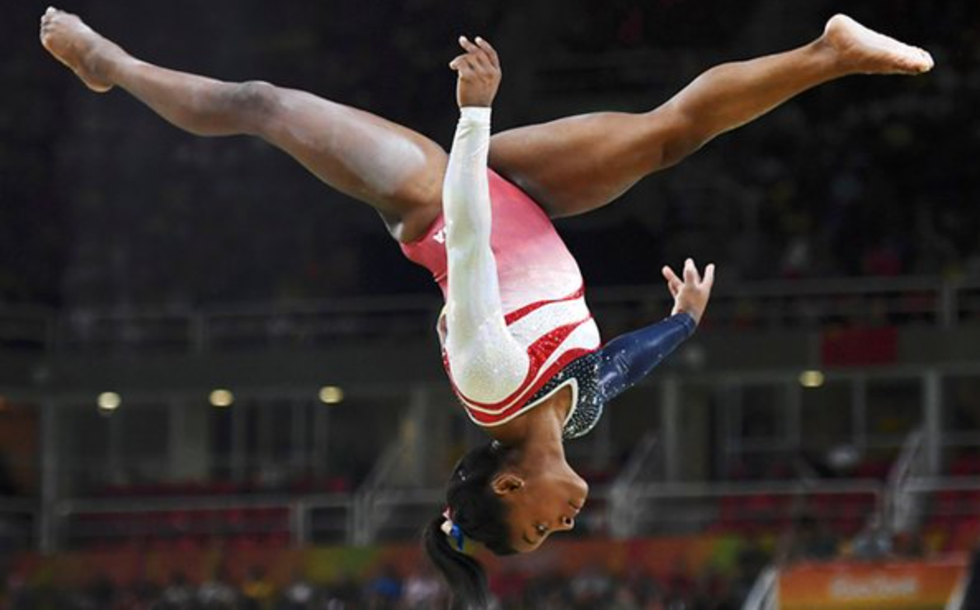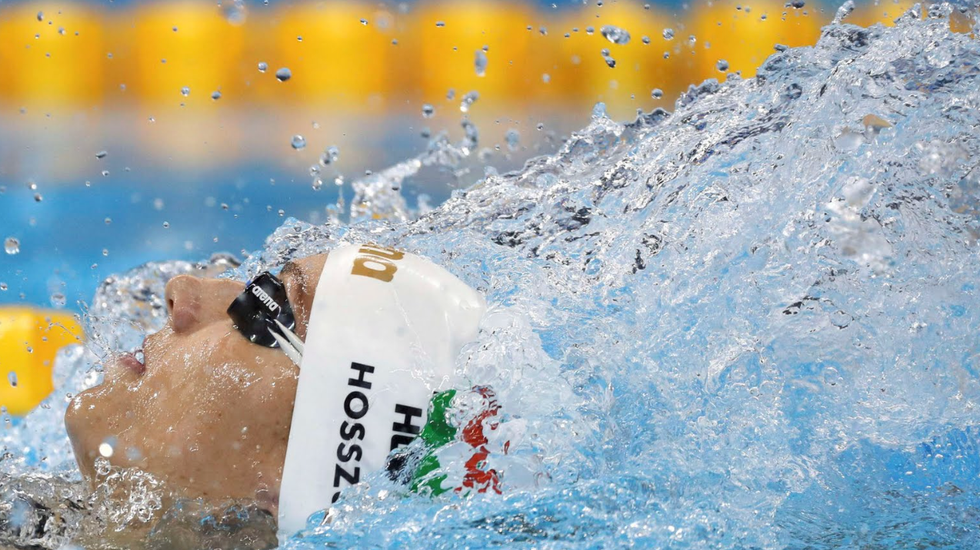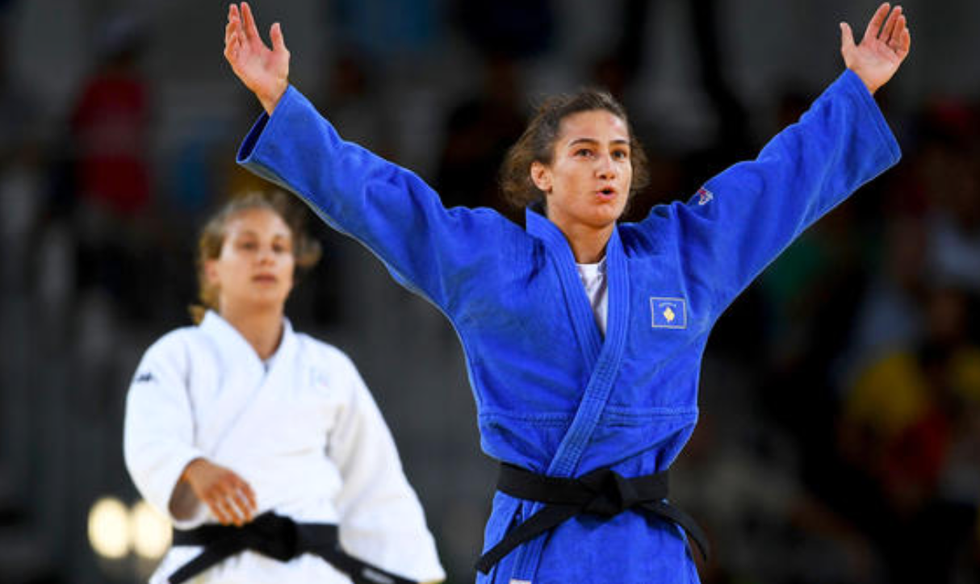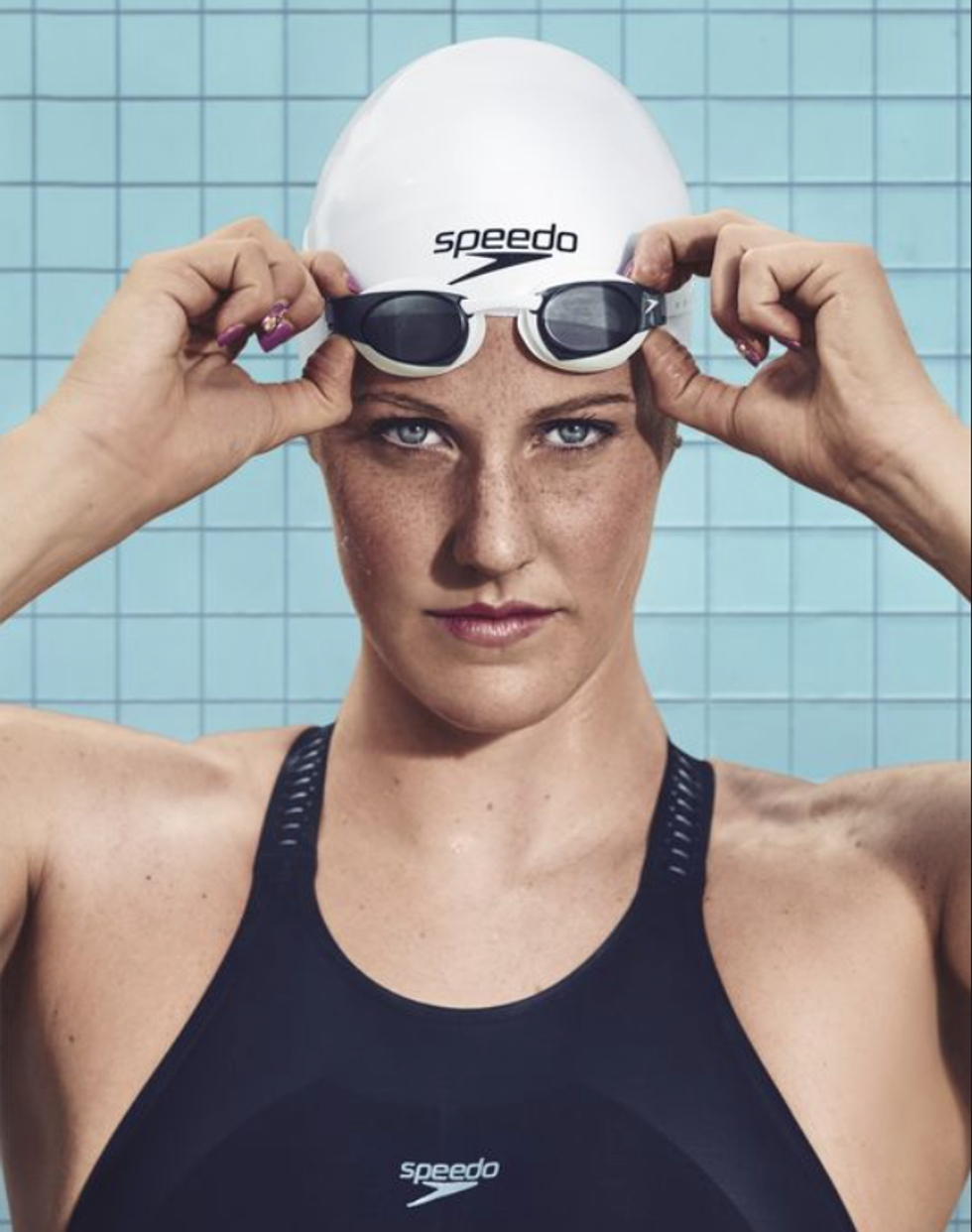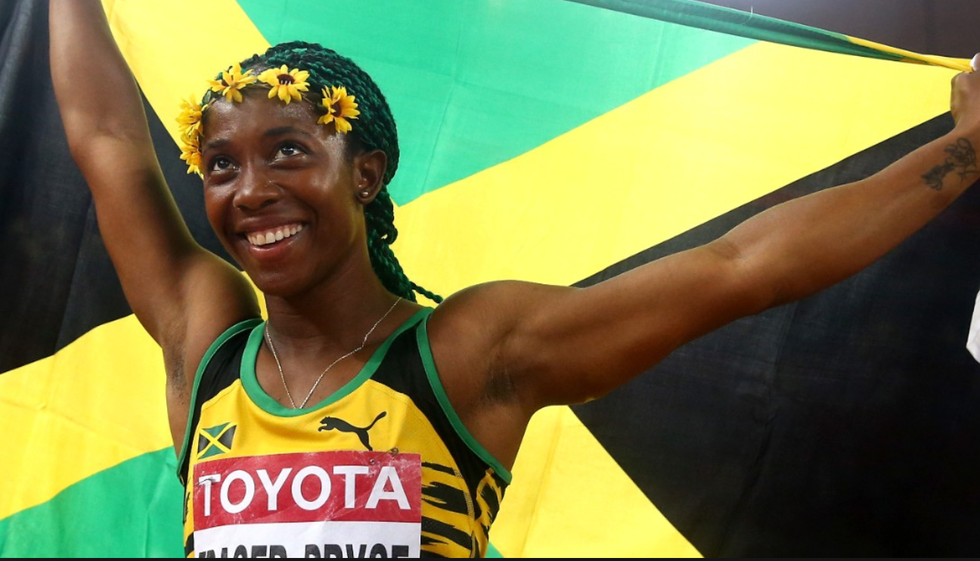It's that time of year again. The American Flags are waving, Snapchat has fun “Go USA” filters, and Facebook is filled with videos that display super human abilities. It's Olympic season, a special time that only comes once every four years (unless you count the winter Olympics, which no one does). From beach volleyball, to track, to synchronized diving there are endless events that show the incredible talents possessed by some. Yet even in this time of cheeriness and pride sexism rears its face, diminishing the accomplishments of women athletes from various countries. Here are five events that take the gold in offending women everywhere.
1. Commentators measuring women against men
US swimmer Katie Ledecky is described as the “female Michael Phelps” instead of recognizing her abilities in her own right. Similarly after Simone Biles, US gymnast, had an almost perfect routine on the uneven bars a commentator stated, “she might even go higher than the men.” This statement was meant as a compliment, but is it really? It’s not an amazing feat that Biles could out-perform a man. She is amazing in her own right. Later this athlete shut down commentators and their tendencies to speak of woman’s accomplishments in terms of that of men, “I’m not the next Usain Bolt or Michael Phelps. I’m the first Simone Biles”.
2. Accrediting the men in the lives of Olympic women for their successes
A record-breaking performance was seen from Hungarian swimmer Katinka Hosszu in the 400-meter individual relay race. Beaming with pride her coach and husband Shane Tusup cheered for her from the stands. This unforgettable moment was made even more memorable when an employee from NBC referred to Tusup as “the man responsible” for Katinka’s unbelievable athleticism. The commentator later said he might’ve chosen the wrong words. But he stood by his statement that Hosszu wouldn’t be where she was without Tusup. This is a blatantly different attitude than that shown towards Olympic men. When men reach great heights in their sport they are commended for their abilities and athleticism, the majority of the credit doesn’t go to their coaches, and it definitely doesn’t go to their wives.
3. Attaching the identity of Olympic women to men
Trapshooter for the US Corey Cogdell- Unrein won her second bronze medal this summer at her third Olympic appearance. The Chicago Tribune announced her success with a tweet in which they referred to the Olympian as “Wife of Bears’ lineman”. Immediately they received backlash from the twitter-sphere, which pointed out the sexist nature of the tweet. Attention Chicago Tribune, she has a name.
4. Downplaying the seriousness of Olympic women and their competitions
Kosovan Majlinda Kelemendi became a hero for her nation as she secured a gold medal in women’s judo during Kosovo’s first year of being recognized as their own country. She defeated Italian Odette Guiffrida by putting points on the board in the first 29 seconds. Neither women scored points after this, giving Kelemendi the win. Many watched this intense battle, and according to a BBC commentato,r it was merely a “cat fight.” This astoundingly demeaning comment speaks for itself. Joining in on this problematic trend was NBC. After the US women’s gymnastic team dominated the qualifying event for all around team medal, the women known as the ‘final five’ discussed their performance. One commentator felt it was appropriate to state, “they might as well be standing in the middle of a mall.” This diminishes the power and importance of these women.
5. The use of infantilizing language
All
throughout the games various commentators have disrespected woman Olympians by
not recognizing them as grown women. Young male athletes are still referred to
as men. Why should their female counterparts be treated any differently? One
announcer doesn’t share this view as he spoke about the “men’s cycling team and
the girl’s cycling team.” Sharing his view was another commentator who deemed
four-time gold medalist Missy Franklin (pictured above) an “enthusiastic girl.”
A study found that sports coverage disproportionally focuses on men’s athleticism and women’s age, appearance, and marital status. Failing to recognize the hard work, dedication, and talent that these women exhibit is a testament to sexist views that many continue to hold. What else is to be expected in a competition of physical capabilities, a major aspect of what's typically associated with masculinity? If sexists didn't belittle the abilities of women, they might have to consider the possibility that women are also capable of doing the incredible.



